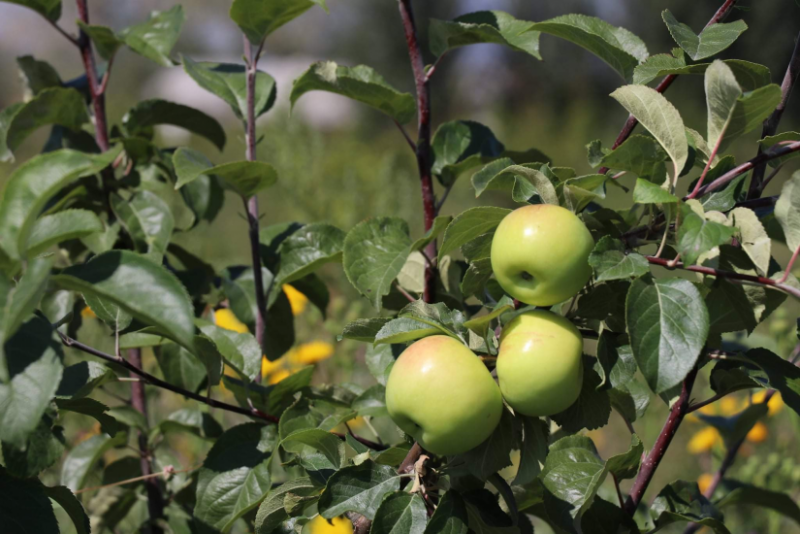
Mongolia Targets to Harvest 30 Thousand Tons of Fruits and Berries by 2030
Ulaanbaatar, November 5, 2024 /MONTSAME/. Mongolia has set a goal to expand the area to plant fruits and berries to 20,000 hectares and harvest 30,000 tons of fruits and berries by 2030. In line with this goal, the Government announced that it would support the initiatives of the private sector and increase investments through public-private partnerships.
On the occasion of the 70th anniversary of the establishment of the science-based fruit and berry industry in Mongolia, an international scientific conference "Development of the sea buckthorn and other crops market in the Asian region" was held in late October 2024.
In his speech at the conference, State Secretary of the Ministry of Food, Agriculture and Light Industry of Mongolia Jambaltseren Tumur-Uya highlighted that the correlated national movements "One Billion Trees," "Food Supply and Security," and "Healthy Mongolian" initiated by Head of State Khurelsukh Ukhnaa, which aim at reducing the negative impacts of global warming and climate change and ensuring food supply stability, are being implemented successfully throughout the country. International scientists have defined that fruits such as apples, plums, peaches, apricots, and pears can be grown in Mongolia. Mr. Jambaltseren noted and emphasized the necessity of consistent efforts to develop new varieties of crops suitable for the regional climate and introduce advanced cultivation and breeding technologies.
As part of the “Food Supply and Security” National Movement, Fruit and Berry Breeding Centers were established in 9 aimags between 2022-2024 with an investment of MNT 2.5 billion from the state budget, and the SME Development Fund provided MNT 2.4 billion of soft loans to 18 enterprises in 2023-2024.
Mongolia meets less than three percent of the country’s fruit and berry demands domestically, importing the remaining 97 percent. Therefore, the fruit and berry industry development should be accelerated and fruits and berries should be domestically grown to satisfy the domestic needs with healthy produce. There is also an urgent need to further improve the legal environment, investment climate, and workforce, reports the Ministry of Food, Agriculture and Light Industry.


